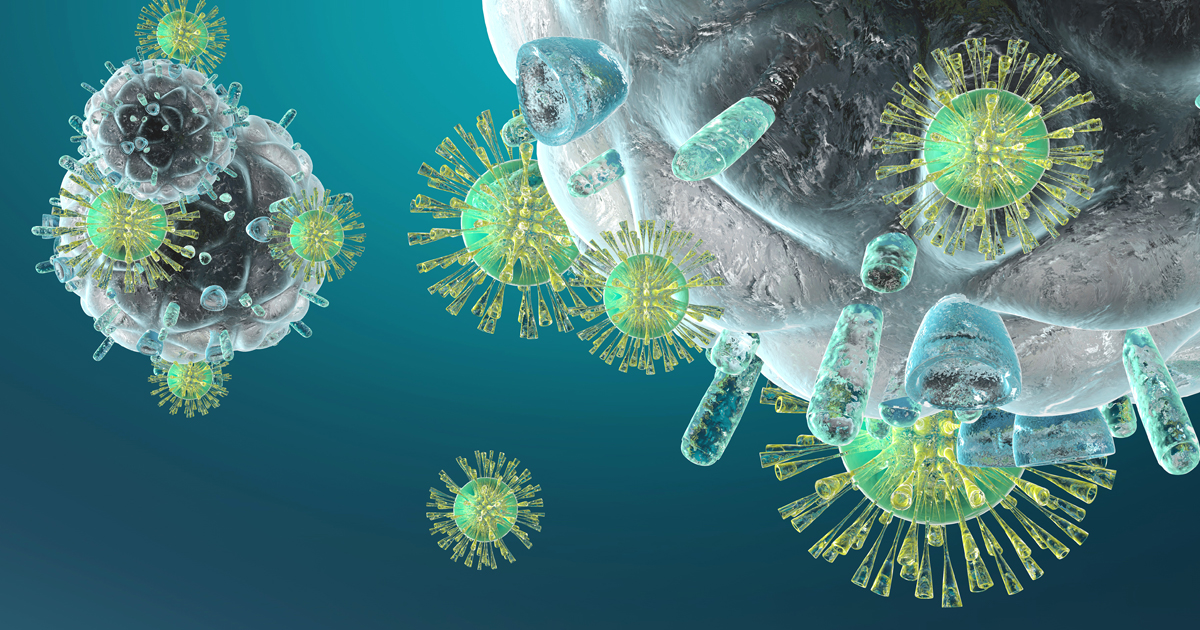Types Of Demyelination
Acute Disseminated Encephalomyelitis

Acute disseminated encephalomyelitis happens when the body's immune system reacts to viral or bacterial infections by attacking its own healthy tissues. This condition is a widespread episode of inflammation that causes mass damage to the myelin sheaths of the nerve cells in the spinal cord and the brain. Acute disseminated encephalomyelitis can also strip sheathing off of the nerve that attaches the eyes to the brain, or the optic nerve. Another very uncommon cause of acute disseminated encephalomyelitis is an immune system reaction resulting from a vaccine. This condition has a rapid onset of symptoms, including coordination difficulties, confusion, headache, fever, issues with eyesight, nausea, vomiting, and irritation. The quicker acute disseminated encephalomyelitis is diagnosed, the quicker doctors can utilize anti-inflammatory medications to minimize the damage done to the myelin sheaths on the nerve cells of the spinal cord and brain. Symptoms are also treated to help with comfort. In rare instances, acute disseminated encephalomyelitis can be a fatal condition when it is not treated. Individuals with this condition typically have a three to six month recovery time.
Get to know the next type of demyelination now.
Progressive Multifocal Leukoencephalopathy

Myelin is produced by what is called white matter cells inside of the brain. Progressive multifocal leukoencephalopathy causes demyelination of the nerve cells by attacking the white matter in the brain, so myelin cannot be produced. The JC virus is what causes this to happen. The JC virus is present in most adult bodies, however, it is normally not problematic. When the immune system has been compromised by AIDS, cancer, immunosuppressants, lupus, rheumatoid arthritis, or multiple sclerosis, it may be the cause for the individual developing progressive multifocal leukoencephalopathy. The symptoms that typically occur in cases of progressive multifocal leukoencephalopathy include vision loss, difficulty with speaking, muscle weakening, drooping of the face, coordination loss, trouble walking, and changes in personality. There are currently no antiviral drugs to fight off and kill the JC virus that causes this condition. The damage done by progressive multifocal leukoencephalopathy is permanent, as white matter in the brain does not regenerate itself. The best treatment for progressive multifocal leukoencephalopathy to date is to treat the underlying cause of the weakened immune system that was unable to fight off the JC virus.
Learn more about the types of demyelination now.
